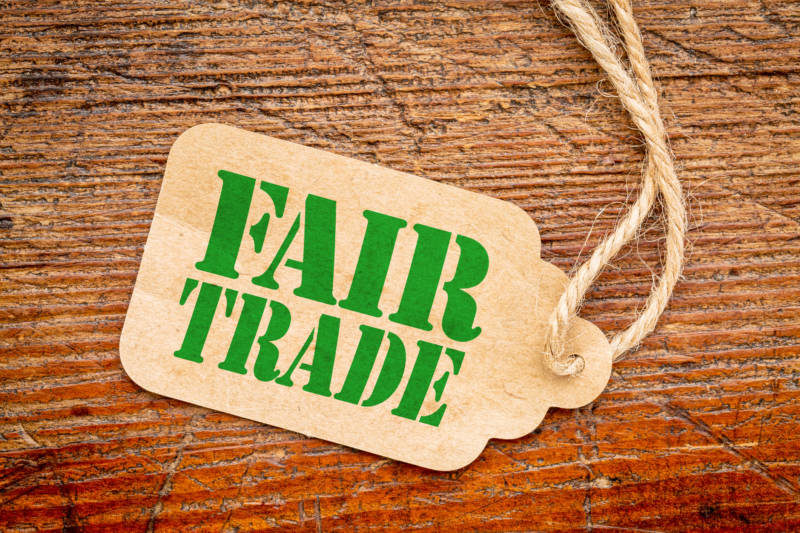It includes the collaborative efforts of Fair World Project (USA), Fairness FR (France), and Forum Fairer Handel (Germany) as contributors, expanding the scope of analysis covered by earlier editions of the guide. It is the only publication analyzing the criteria and monitoring systems of the fair trade labels at an international level.
It addresses several questions, including:
- What are the major difference between fair trade, sustainable development labels, and voluntary corporate sustainability initiatives?
- How useful are labels in ensuring fair trade practices?
- How do they address compliance?
Related: Regenerative Agriculture: 25 Things to Know Now Understanding the New Regenerative Organic Certification HerbalGram Focuses on Sustainability, Conservation
Several developments the guide notes:- Certain labels have revised their standards since the last edition, including the Association for Sustainable and Trade Tourism, Small Producers Symbol, and Fairtrade International.
- The idea of “local” or “domestic” fair trade has re-emerged within the North and the South, generating important debates between having a strictly North-South version of fair trade versus having a more universal one.
- Fair trade standards are increasingly demanding in terms of economic, social, governance, and environmental criteria required for fair trade certification.
Anna Canning, Campaign Manager for Fair World Project, added: “We’re seeing a growing trend of companies creating their own ethical labels and continuing to sow confusion in the marketplace. This guide highlights the difference between weaker corporate-led standards and those that have strong stakeholder processes and are led by the farmers and workers they are intended to benefit. Labeling fatigue and confusion benefits those corporations, but there are tools available for people to match their purchasing decisions to their values.”
The release notes that in an era when major corporations are taking stances on global politics and social issues, fair trade is a business model in which action to support small-scale farmer movements and fair supply chains results in rewarding returns, job creation, and sustainable communities. The global fair trade movement urges policy-makers, business leaders, citizens and consumers to embrace the creation of a global economic system populated by fair supply chains and models of business that leave no one behind.
Julie Stoll, Executive Director of Commerce Équitable France, called for action in the press release: “It is imperative to accelerate the socio-ecological transition of our production patterns to make small-producers more resilient to the effects of climate change. Today they are the ones who pay the highest price for the consequences of unbalances of power and climate change within the global value chains. Fair trade is an economic tool to support these transitions and this guide is intended to help differentiate between the various fair trade labels. When we call for economic justice we must include climate justice!”










